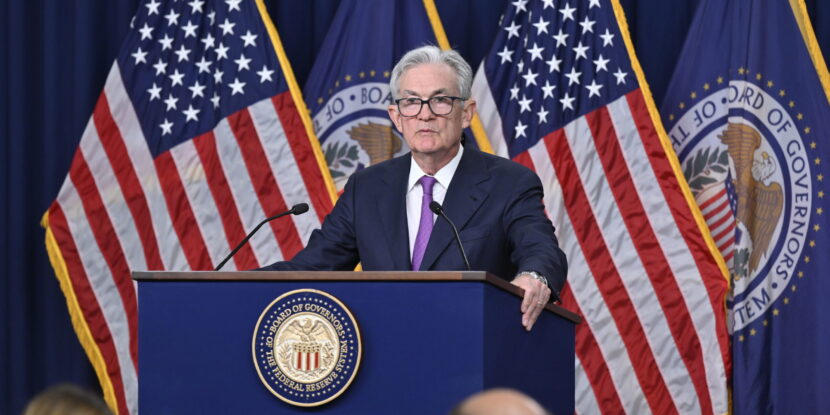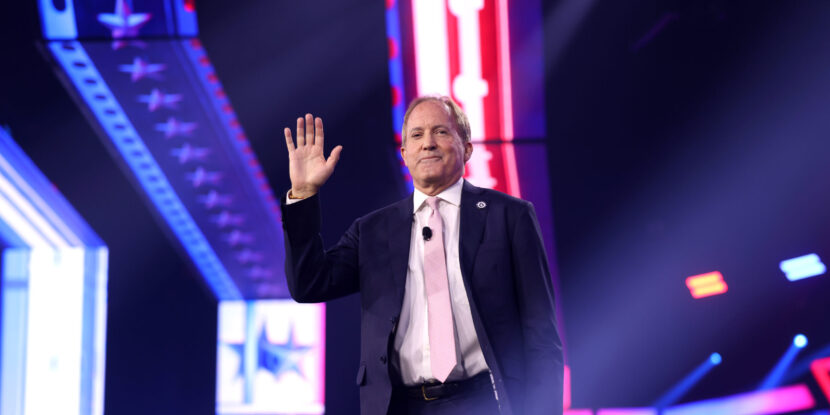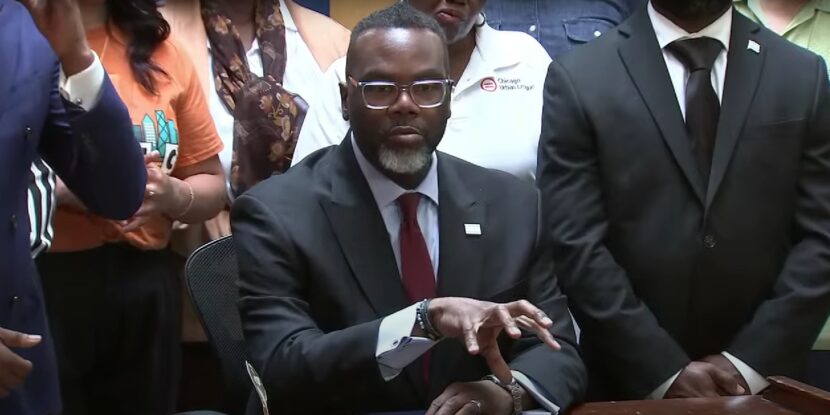❓WHAT HAPPENED: President Donald J. Trump appears to be set to utilize a little-known federal government entity to launch a renewed effort aimed at ousting Federal Reserve Chairman Jerome Powell.
👤WHO WAS INVOLVED: The National Capital Planning Commission, White House Staff Secretary Will Scharf, Deputy Chief of Staff James Blair, Office of Management and Budget (OMB) aide Stuart Levenbach, President Trump, and Jerome Powell.
📍WHEN & WHERE: The Trump White House aides were named to the commission on Wednesday, July 9, 2025.
💬KEY QUOTE: “I am going to request a full review of plans of the Federal Reserve project. I’m going to ask that they send us a detailed explanation package of any and all upgrades, changes and modifications to the plan that was submitted here in 2021 and approved. I’m going to request a site visit.” — Deputy Chief of Staff James Blair
🎯IMPACT: Should the National Capital Planning Commission uncover evidence of serious malfeasance or ethical lapses on Powell’s part, it could lay the groundwork for President Trump to fire Powell as Federal Reserve chairman.
President Donald J. Trump appears to be set to utilize a little-known federal government entity to launch a renewed effort aimed at either ousting Federal Reserve Chairman Jerome Powell or, at the least, forcing the central bank chief to succumb to pressure to slash interest rates. In a political maneuver reminiscent of President Richard Nixon’s efforts to push his Fed chairman, Arthur Burns, to cut interest rates, Trump has quietly replaced a number of Biden-era appointees on the National Capital Planning Commission with key figures in his White House.
The move suggests the America First leader will use the commission’s authority over government buildings—including the Federal Reserve’s headquarters—to fuel a negative media campaign against Powell, who has overseen a lavish renovation of the central bank’s offices that has far exceeded its approved budget. However, should the National Capital Planning Commission uncover evidence of serious malfeasance or ethical lapses on Powell’s part, it could lay the groundwork for President Trump to fire the Federal Reserve chairman outright.
Leading the anti-Powell effort on the National Capital Planning Commission are its newest appointees, White House Staff Secretary Will Scharf, Deputy Chief of Staff James Blair, and Office of Management and Budget (OMB) aide Stuart Levenbach. “We should not be made fools of,” Blair told commission members on Thursday, continuing: “I am going to request a full review of plans of the Federal Reserve project. I’m going to ask that they send us a detailed explanation package of any and all upgrades, changes and modifications to the plan that was submitted here in 2021 and approved. I’m going to request a site visit.”
Dubbing the central bank’s headquarters the “Taj Mahal on the National Mall,” Blair suggested it is possible that Jerome Powell lied under oath—committing perjury—while testifying before the U.S. Senate regarding the Fed renovations. Notably, perjury is a federal crime under 18 U.S.C. § 1621, while 18 U.S.C. § 1001 makes it a crime for individuals to make material false statements to any branch of the federal government, including Congress, regardless of whether they are under oath.
“Please count me in,” Levenbach replied, adding: “I look forward to working with you on this letter and in scrutinizing this building.”
In the 1970s, President Richard Nixon successfully mustered a negative media campaign that, along with the threat of Congressional legislation exerting greater control over the central bank, forced then-Fed chairman Arthur Burns to drop his opposition to interest rate cuts. A similar result could manifest from President Trump’s use of the National Capital Planning Commission and revelations it may uncover regarding Powell’s approval of renovations at the Fed.
However, should Powell prove more entrenched in his opposition to rate cuts than Burns was during the Nixon administration, President Trump could also use any evidence that Powell lied to Congress or engaged in unethical behavior to fire him as Fed chair. The Federal Reserve Act stipulates that a President can only fire the central bank’s chairman “for cause,” which has been interpreted by federal courts as meaning serious misconduct and not merely policy disagreements.
Join Pulse+ to comment below, and receive exclusive e-mail analyses.




















